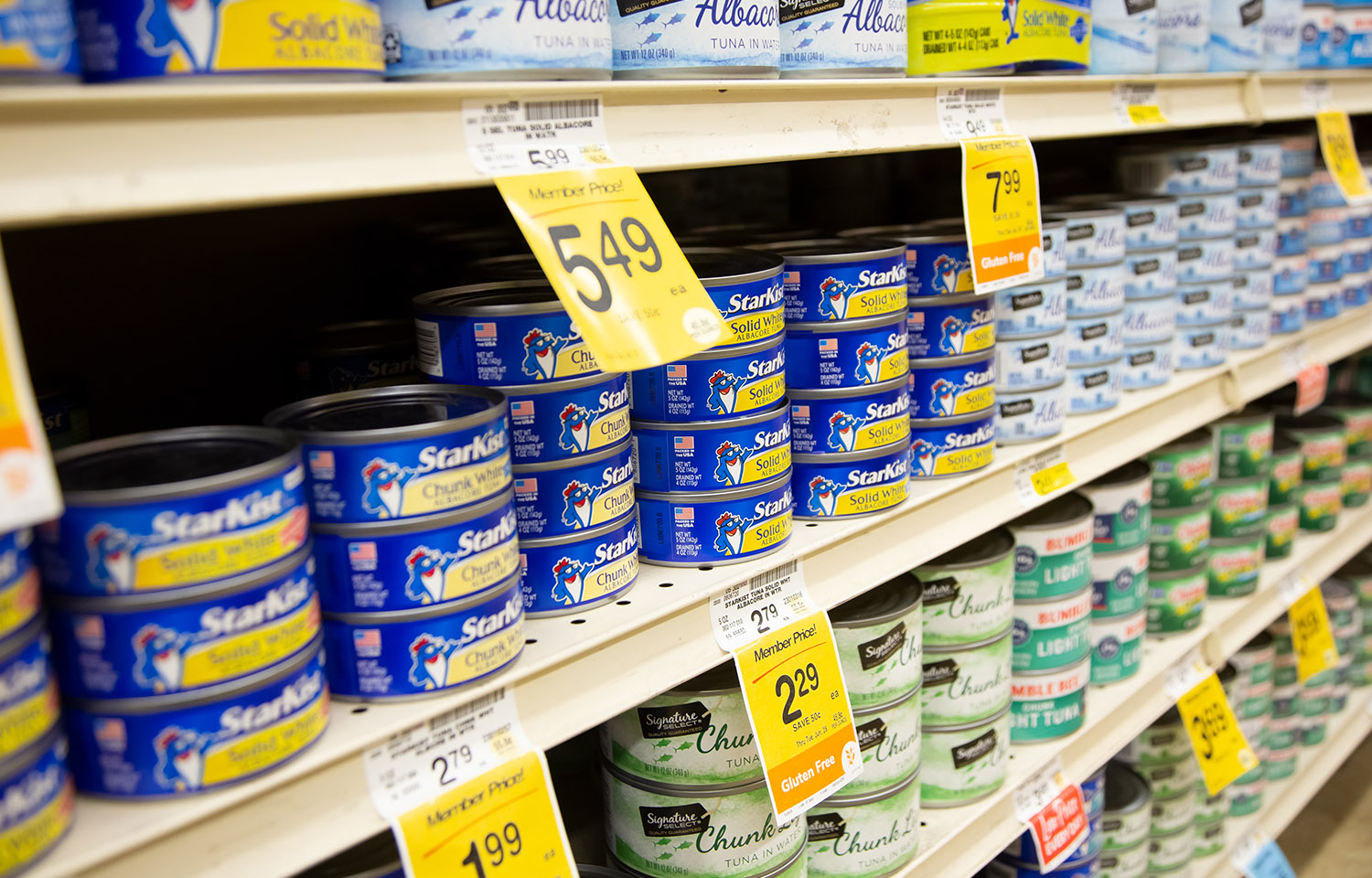Fishers and advisors on the Western Pacific Regional Fishery Management Council are warning that current U.S. policies are hurting American fishers in the Pacific.
Fishers voiced a litany of urgent concerns at the council’s 198th meeting in mid-March, including the Biden administration’s goal of extending sanctuary protections in the region and what they deemed as a growing threat of tuna imports.
“If the goal is to sustain fisheries, major changes need to be made today,” Kaua’I fisher Abraham Apilado Jr., a member of the Hawai’i Advisory Panel, said. “If the goal is to kill off the fishermen and resources, then keep doing what you’re doing because you’re doing an amazing job.”
The council has continued to oppose U.S. President Joe Biden’s proposal for a new sanctuary fully conserving 770,000 square miles around the Pacific Remote Islands – a move the council’s advisors say will hurt American fishers without improving conservation outcomes.
Representatives from American Samoa argue that a sanctuary designation would be devastating to the region’s tuna industry.
“Without the StarKist cannery, we cannot continue to sustain our cultural heritage and keep it vibrant,” Council Chair Will Sword said. “Further disadvantaging our remaining 12 purse seine vessels in American Samoa affects our cannery.”
Foreign tuna producers also remain a top concern. Hawaii Longline Association Executive Director Eric Kingma said that despite a large supply of fish, imports have gutted any market for domestic products.
“The market isn’t there because of the huge amount of imported, subsidized, gassed tuna being ‘dumped’ into the market, and retailers are not adjusting downward during periods of high local supply of fresh tuna,” Kingma said. “Not only is this bad for the local consumer, but it’s unfair to the Hawai‘i fishing industry. The subsidized foreign imports and retail price-gouging on fresh landed ahi is really hurting the Hawai‘i longline fleet.”
Cape Fisheries CEO Joe Hamby echoed Kingma.
“Our purse-seine boats can’t compete because it’s not a level playing field,” Hamby said. “The Seafood Import Monitoring Program is not working. U.S. fishers and processors should be protected by a duty on fish imports; seafood security is important. Fishing or processing, it’s a matter of having the political will to defend against negative impacts to domestic producers.”
Lawmakers in Congress are also considering adoption of the South Pacific Tuna Treaty Act of 2023, a bill that would align U.S. law with changes made to the South Pacific Tuna Treaty in 2016. While a memorandum of understanding between the U.S. and Pacific Island states has allowed some of the 2016 changes to enter into effect, there remains a gulf between the treaty’s provisions and U.S. law.
“While we are operating under a memorandum of understanding, finalizing this legislation will enable us to fully implement the amendments to the benefit of our industry,” U.S. Deputy Assistant Secretary for International Fisheries Kelly Kryc said at a hearing in July.
The U.S. House’s Natural Resources Committee approved the bill in October 2023 but it has yet to receive a vote in the full U.S. House of Representatives.








